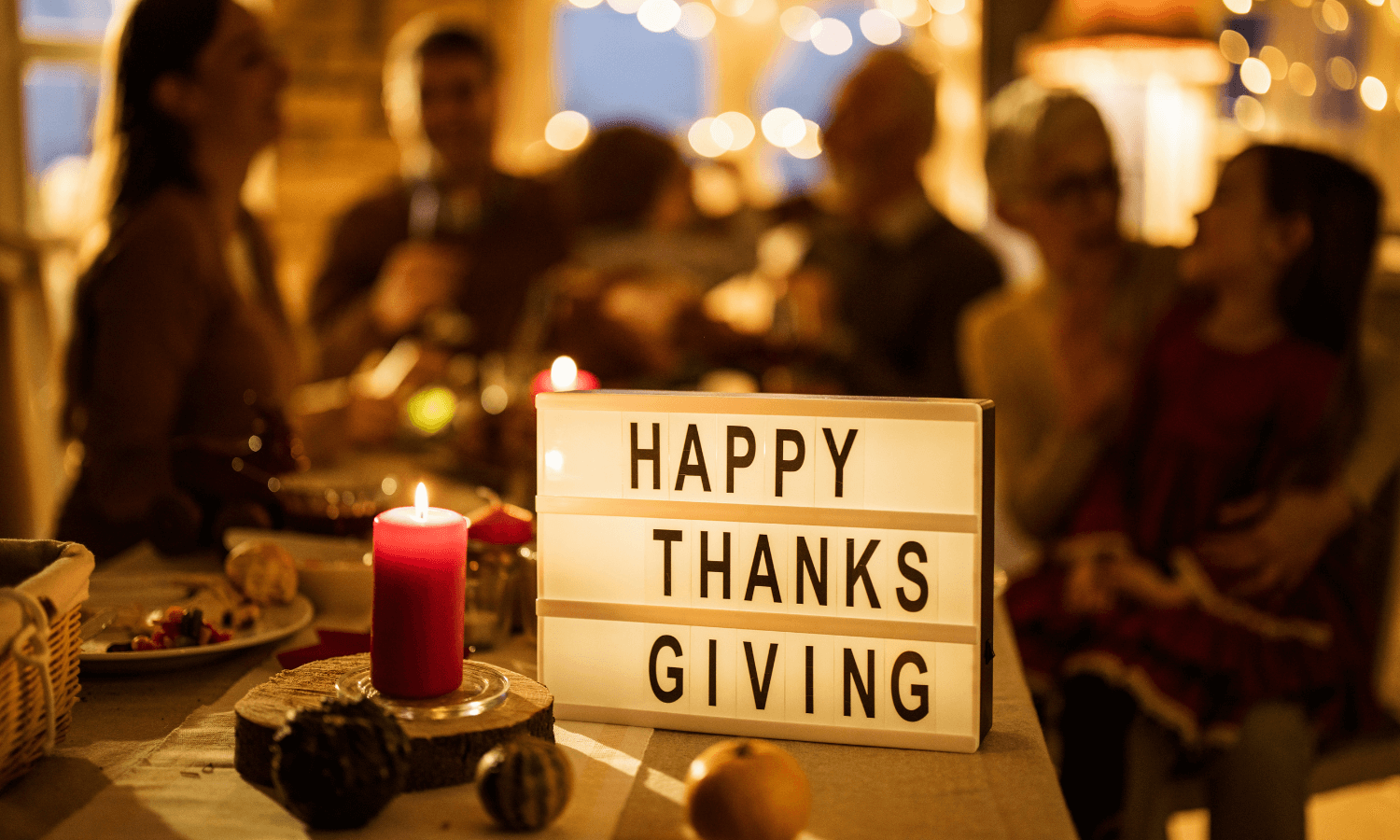The holidays are a special time when families come together to share a meal and give thanks for our many blessings. For the thousands of families that include an adult with I/DD, it can be stressful with all the activity, people, and stimulation. Many individuals with I/DD have sensory issues that can be overwhelming, but with a bit of advance planning, you can ensure that everyone enjoys the day.
Tips for Thanksgiving Celebrations with I/DD Adults
Whether you are getting together at home or in another household, it’s vital that everyone on the guest list knows what to expect. Having these discussions beforehand will ensure that needs are met with regard to mobility and accessibility (if that is an issue) and that there is a quiet space to retreat to if the action gets to be too much.
If you are visiting, it’s also a good idea to brief your host on dietary needs and restrictions so everyone can enjoy a healthy meal.
ILA celebrates thanksgiving with our residents by cooking a tasty, nutritious meal and celebrating the holiday at day habilitation programs. Residents get involved in the preparations and develop a sense of togetherness and joy while taking ownership of the event itself.
Here are a few more tips you might consider:
1. Plan well in advance
Individuals with I/DD generally have a fairly consistent daily schedule and routine. Holidays can disrupt the normal course of their day, so it’s essential to plan in advance and communicate openly about how the day will unfold. If you need to make a detailed written schedule, do this at least a couple of weeks before. Talk about timing, what to wear, and cooking. Make sure to schedule time to play games, watch TV, and whatever other activities are appropriate to your event.
2. Keep it familiar
Strange places, people, and things can be confusing for individuals with I/DD. For example, unfamiliar dishes and glassware might seem odd. If you anticipate this being an issue, consider bringing your loved one’s favorite plates, bowls, etc. Many individuals use specialized cups and utensils, so it’s important to ensure that they have them. A little bit of home goes a long way!
3. Get acquainted
Be sure to brief your guests or hosts on what to expect, especially if behavioral manifestations could arise. You can talk about body language, gestures, or language that might be upsetting to the individual. Not everybody knows just what to say in these situations, and they might not realize that their words and actions have so much weight. Talking about these issues in advance will help everyone settle in quickly.
Thanksgiving is one of our favorite holidays of the year at ILA, and our residents are always excited to celebrate. To learn more about our programs or find out how you can help, reach out today. Happy Thanksgiving!

































































